
Biography:
Henry Bacha is a PhD student in the Department of Anthropology at the University of Chicago. An archaeologist and historical anthropologist with research interests centered in late pre-Hispanic and early colonial Andean South America, he is broadly interested in the relationship between Andean communities, landscapes, and the development of social and political power in the Inka and Spanish colonial empires. His interdisciplinary work incorporates methods and sources derived from landscape archaeology and social and environmental history to explore longue durée histories of human-environment interaction and colonialism. His dissertation project endeavors to engage these themes in the particular context of the Pampas River basin, located in the southern highlands of Peru—a region shaped by successive imperial programs of population resettlement under Inka and Spanish rule. Additional intellectual interests include histories of human-animal relations in the Andes, the history of the the curacazgo under colonial rule, and peasant lifeworlds in the Andes and beyond. Henry holds a B.A. in Anthropology and Latin American and Caribbean Studies, also from the University of Chicago, and has archaeological field experience in Peru, Spain, Colombia, and the United States.
Project Title: Resettled Landscapes: Mitmaqkuna, Reducción, and the Negotiation of Empire in the Pampas River Valley (Ayacucho, Peru), A.D. 1400-1750
Abstract:
This project investigates, utilizing historical and archaeological methods, the accumulative legacies of successive Inka and Spanish imperial programs of population movement and resettlement in the greater Pampas River basin (central Ayacucho, Peru). Historical sources dating to the mid-sixteenth century describe this region as being almost entirely inhabited by the descendants of mitmaqkuna, populations resettled from different Andean regions as a tool of imperial statecraft following Inka incorporation. Recent research indicates that this region of the colonial Viceroyalty of Peru also constituted a heartland of the resettlement program pursued by Viceroy Francisco de Toledo beginning in the 1570s, featuring one of the greatest concentrations of newly established reducciones in the Andes. Adopting a “transconquest” historical perspective, this project interrogates the affective and material influences exerted by prior histories of Inka resettlement over the formation of early colonial society in the Andes. Examining the long-term historical legacies of Inka and Spanish colonial programs of population resettlement, and centering the political stakes of settlement patterns, mobility, and practices of land use in the Pampas River basin, this project ultimately proposes to explore how history and social memory, embedded within Andean landscapes, converged to constitute the terrain of political contestation in colonial Peru.
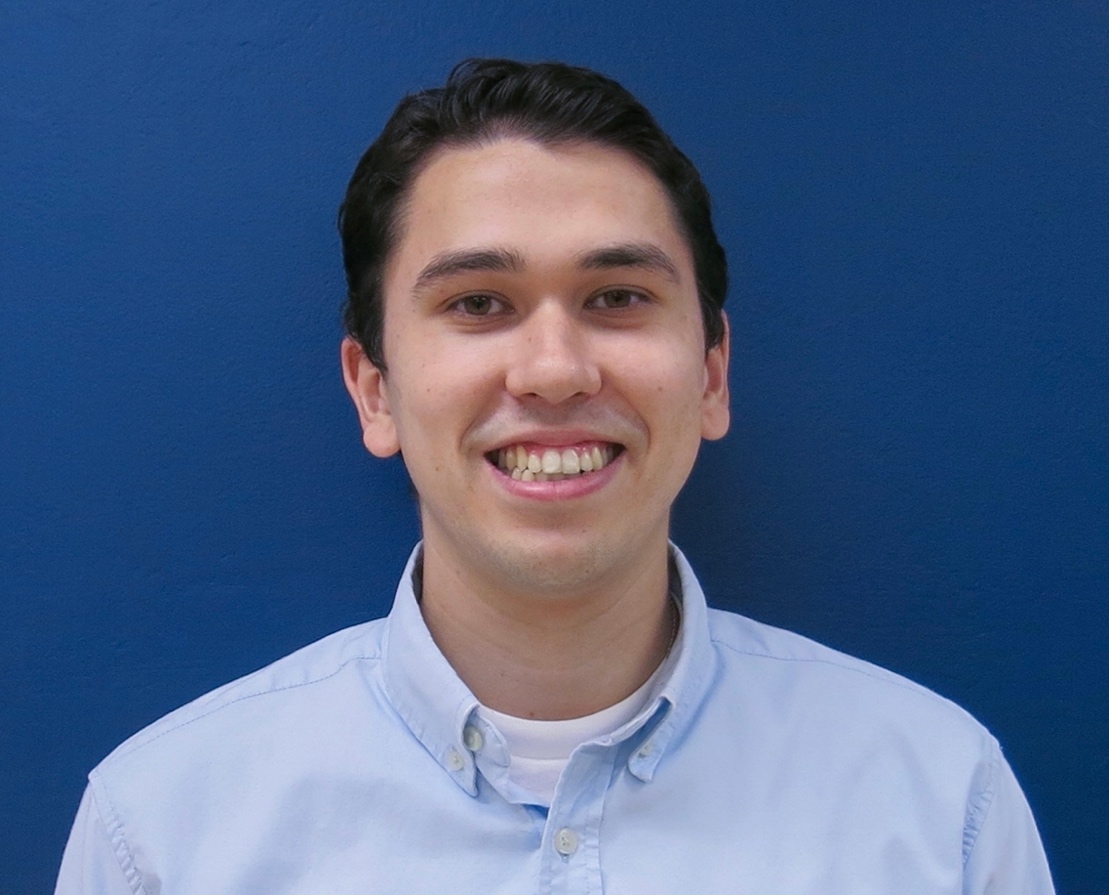
Biography:
Roberto Young is a Ph.D. candidate in Anthropology at the University of Chicago. His research explores the intersections of political economy, language revitalization, migration, and semiotics. He is currently working on a project chronicling a history of Kaqchikel language revitalization in Guatemala and is grateful to have received a Lloyd and Susanne Rudolph Fieldwork Award from The Center for International Social Science Research (CISSR) to support this work
Project Title: Mayan Language Revitalization in Historical Perspective
Abstract:
The Kaqchikel Mayan case is a theoretical puzzle. Its extensive corpus of documentary and descriptive material, alongside applied interventions, have not been accompanied by expanded use but rather language constriction. From the late 1980s to the early 2000s, the Maya movement in Guatemala was at its height. Central to this cultural revindication movement was language. This political mobilization produced major legislative advances. However, many have not been sustained. The purpose of this project is to intervene in this paradox of significant advances and perduring limitations by asking: what has been done and where do we go from here? As preliminary dissertation research, the goal is to conduct an original archival survey of the discourses and ideologies around Mayan languages during the height of the Maya movement. It is to contribute a historical and political analysis of Kaqchikel language revitalization to evaluate the formative history that gave rise to contemporary circumstances. In this UN-declared International Decade of Indigenous Languages (2022-2023), this archivally-grounded historical investigation presents an opportune movement to present the case of Mayan language revitalization as one whose lessons from advances and limitations can chart new pathways of scaling and sustaining language revitalization work across the globe.
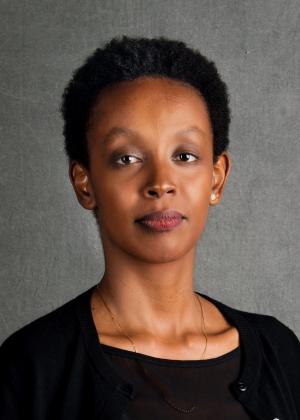
2019-20 Abstract:
Based on ethnographic research in Rwanda, this project is interested in the increasingly hegemonic language of thinking end-of-war social milieux in terms of transition. The logic of justice as transition, the proponents of this model argue, is to focus on bringing the belligerents together and to forge ahead together in unity, as opposed to taking the vengeance route. In this transitional form, the courts are imagined as the main loci for reparation but as cathartic spaces as well. They repair the injured and release us all from collective violence by reprimanding the acts, forgiving them, remembering them. This project will examine this entanglement of private affects with large political processes inherited from a global language of remembrance as a preventive measure. How do individuals negotiate this intimacy with state practices? What is it that the law promises or perhaps conjures up? Understandably, given its recent and current history, this region of the world is predominantly known for political violence. Often omitted in this conversation however, are how individuals navigate their difficult social circumstances and still manage to live complicated but nonetheless politically engaged lives. My hope is that with this project, we as scholars can begin to understand how one lives in a world in which political violence has been normalized and yet remains so spectacular.
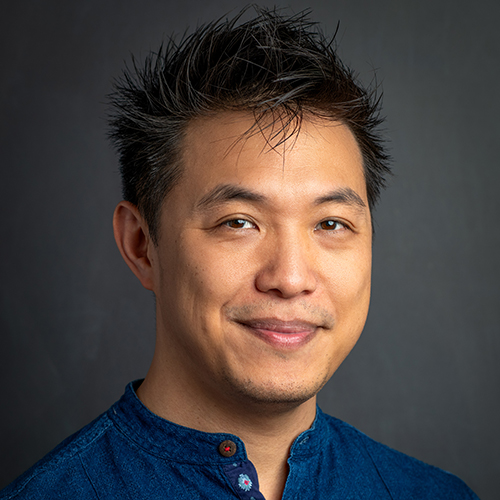
2019-20 Abstract: We, Mercenaries: Migrants and Militaries across the Indian Ocean
The oil-rich countries of the Persian Gulf - Saudi Arabia, Kuwait, Qatar, Bahrain, Oman, and the United Arab Emirates - have long relied on migrant workers from the east and south to work as construction laborers, domestic caretakers, service workers, and all other manner of professionals. Darryl Li is exploring the importance of the less well-known trans-regional migrants who comprise much of the security architecture of the region, as well as the economic, political, and moral questions that arise when foreign military workers may outnumber resident citizen-soldiers.
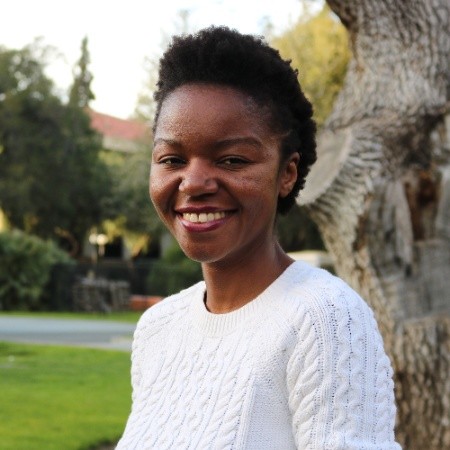
2021-22 Abstract: Policing Citizenship: Roadblocks and the Making of the State in Zimbabwe
Following an intensification of policing in Zimbabwe since 2012, Zimbabwean police have often been accused not only of seeking bribes form motorists but of valuing money over empathy (Herald 2016). This project conducts an in-depth analysis of policing encounters along Zimbabwe’s roads, to better understand the ways expectations of a particular form of moral personhood among police reshapes conceptions of citizenship. Taking police officers as the most visible instantiations of the state in contemporary Zimbabwe, it studies the ways ideas around citizenship are negotiated in encounters with the police. It takes an ethnographic approach, centered on the semiotic, affective, and lived experiences of policing, in a context in which ordinary residents have been heavily policed since 2012. It grounds this in-depth study of contemporary life in historical analysis which draws on archival material, on the institutional and ideological histories of policing in Zimbabwe and its colonial precursor, Southern Rhodesia. Asking what it means for police to be seen as lacking hunhu, the study examines the ways Zimbabweans’ experiences of and expectations around policing bring together indigenous philosophies of moral conduct and the overlaying of postcolonial aspirations on a historically colonial form.
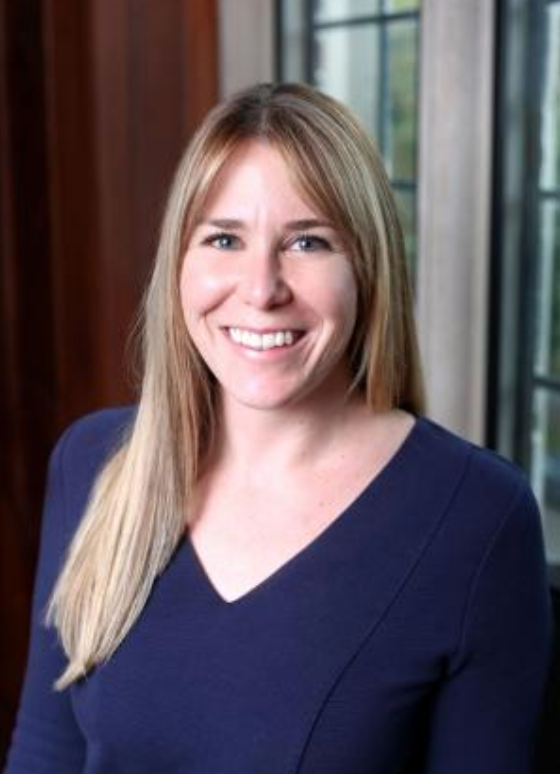
2020-21 Abstract: Desert Paradise: The Petra Terraces Archaeology Project
The ancient city of Petra in Jordan is rightly known for its spectacular funerary architecture and long-distance trade connections. But its inhabitants’ capacity to live in extreme environments was just as important for the city’s success. Sarah Newman’s research will assemble a team of archeaologists, geologists, and architects to investigate the history of human-landscape interactions that made agriculture possible in the semi-arid deserts around Petra. By studying the construction, use, repair, and collapse of ancient terrace walls and dams in a single watershed north of the city, Newman’s research project will bring new comparative and anthropological questions to a region that, although well-known and intensively studied, has been understood primarily in terms of its specific cultural and historical importance. This research builds upon ongoing discussions around ancient landscape modification, both in historically related territories and through cross-cultural comparisons.

2018-19 Abstract: Images of Sainthood: Media of Christian-Muslim Relations in Egypt
My book Images of Sainthood (under contract, UC Press) examines religion, media and politics in contemporary Egypt. It focuses on Coptic Christians, the largest religious minority in the Arab Middle East and North Africa, and mixed cults of sainthood comprised of Christians and Muslims throughout Egypt. Based on 34 months of empirical fieldwork carried out over more than a decade (2004-2015), my study covers the last years of the Mubarak regime leading up to the Arab uprisings and the post-revolutionary aftermath of the Sisi military state. In my book, I argue that post-1952 Egyptian state reforms in Christian-Muslim governance enabled forms of nationhood that ended up reinforcing sectarian dynamics of marginalization and violence.
By examining national and communal settings of mixed saint veneration, I study the politics of segregation and vulnerability with a materialist and pragmatic approach to religion on the ground. To be more specific, I analyze how Christians and Muslims interact with images of sainthood and how public imaginaries of divine authority mobilize inter-faith displays of national unity while also generating anxieties around militarized securitization. Ultimately, my book contributes to scholarship on modern religion and politics, advancing insights into the ways that everyday religion shapes landscapes of marginalization and violence.
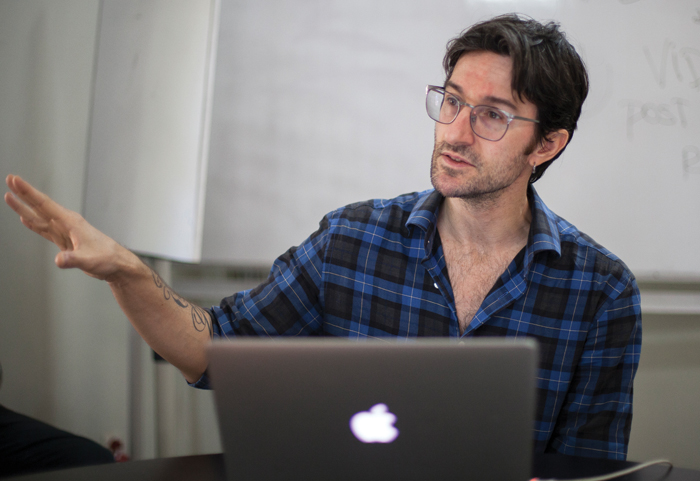
Abstract: Politics of the Past & Material Expressions of ‘Frenchness’ in the Municipio of San Rafael, Mexico
The proposed fieldwork is part of a multi-year, interdisciplinary investigation of the material dimensions of the French colonial presence in the municipio of San Rafael, Veracruz, Mexico, and its legacies in the present. Through the combined lens of archaeology, history, ethnography, and heritage studies, it questions assumptions surrounding the history of French migrants in the region and their integration into the political-cultural space of Mexico. Of particular concern is the way in which ‘Frenchness’ has been ‘exceptionalized’ in the past, and deployed in the present to justify forms of discrimination and political domination by the descendants of French families, especially toward people of indigenous descent. My hypothesis is that these narratives camouflage a complex history, which can critically inform political debates in the present. I also contend that the material world – the domain of architecture, space, and objects – holds acute pertinence about how Frenchness has been constructed and misused in San Rafael.
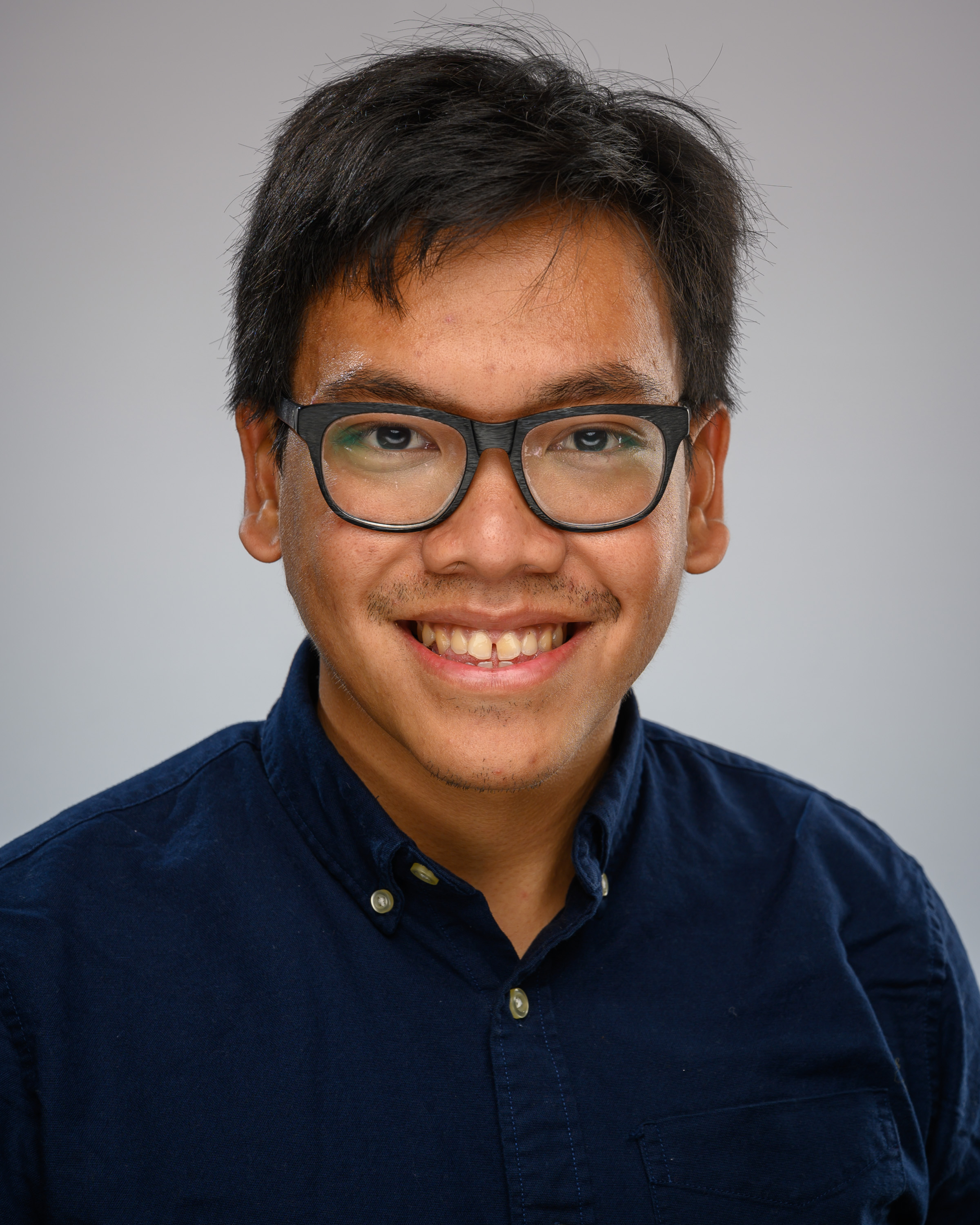
Biography
Rafadi Hakim is a PhD Candidate in Anthropology at the University of Chicago. His dissertation examines how language, gender, and religion shape the ethical paradoxes of exchange in Kupang, eastern Indonesia. His research has been funded by the Fulbright-Hays Doctoral Dissertation Research Abroad (DDRA) Fellowship, the Wenner-Gren Foudnation Dissertation Fieldwork Grant, The Social Sciences Research Center at the University of Chicago, and the Committee on Southern Asian Studies at the University of Chicago. He earned an MA in Anthropology from the University of Chicago and a BA in Sociology and Anthropology with a Concentration in South Asian Studies from Carleton College.
Dissertation: Ethics of Exchange: Gender, Religion, and Democratic Life in Eastern Indonesia
What counts as ethical conduct in a democracy? This dissertation examines how the everyday workings of democracy in contemporary Indonesia are organized and contested in relation to gendered practices of kebersamaan (literally, “togetherness”), which I analyze as the ethical aspiration of reciprocal exchange. My findings suggests that kebersamaan—social relationships maintained through the exchange of words, money, and other resources—serves as infrastructures that undergird democracy’s ethical problems and paradoxes in Kupang, an eastern Indonesian locale. I ask how forms of kebersamaan shape two social roles that have become normatively gendered as roles performed by women: (1) as lay leaders of congregations in the Protestant Church of Timor (GMIT), and (2) as members of local networks of koperasis, not-for-profit microcredit associations. Thus, my objective is to illustrate how these two domains exemplify the ethical paradoxes that characterize gendered forms of inclusion in the world’s third largest democracy. Through a critical assessment of exchange practices and the interactional modalities that accompany exchange, I develop the toolkit necessary to analyze shifting forms of gendered inequality in democracies —a crucial toolkit as democratic societies globally grapple with the ethics of fostering inclusion while facing an unprecedented level of socioeconomic inequality.
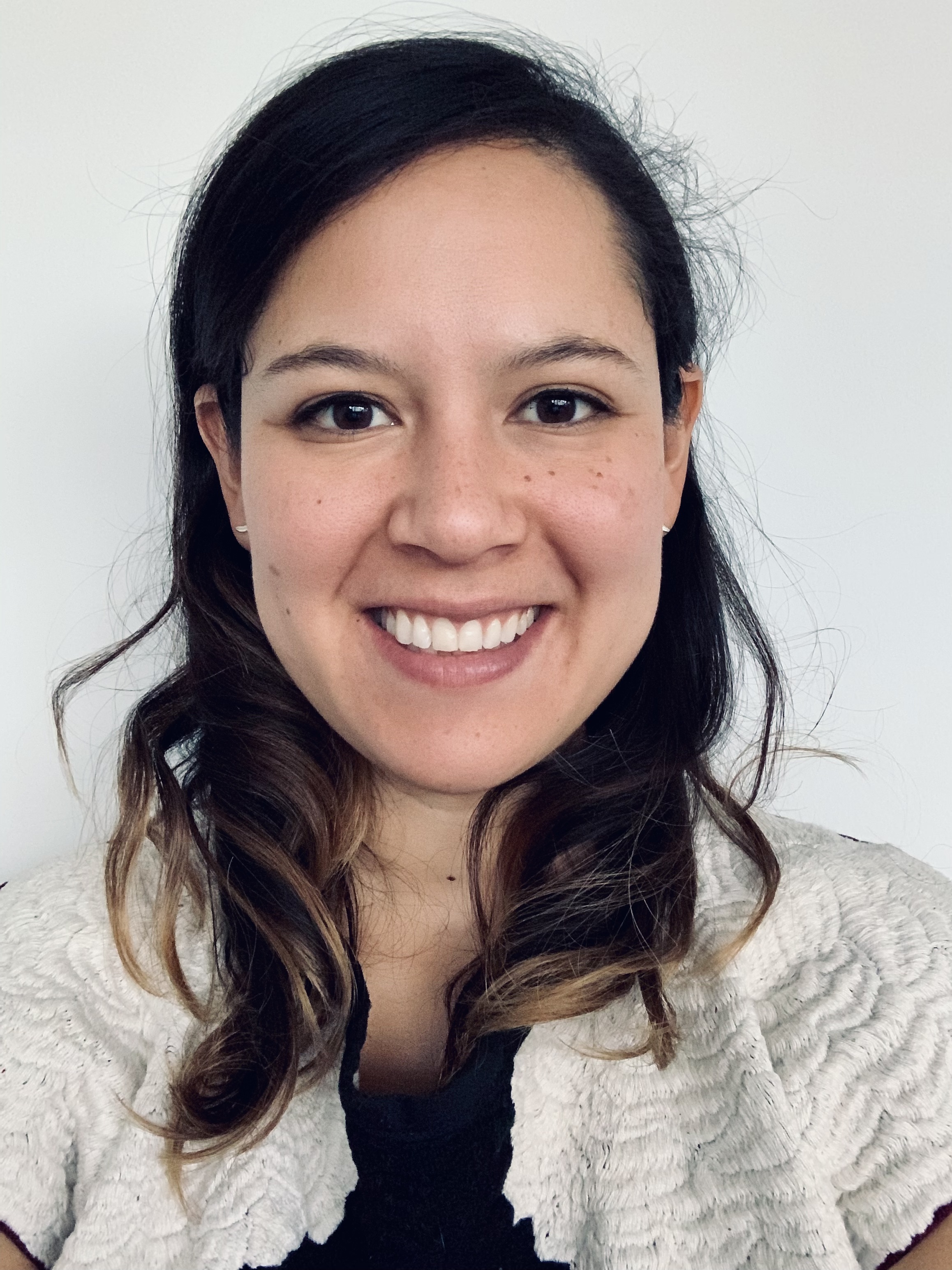
Biography:
Agnes Mondragón-Celisis PhD candidate at the Department of Anthropology. Herresearch engages with the mass mediation and collective sense-making around contemporary forms of warfare. She has done ethnographic research inher hometown,Mexico City,since 2010.
Dissertation: Mediations of War: Formations of Statehood and Criminality in Mexico’s “War on Drug Trafficking
My research dissertation explores how Mexico’s “war on drug trafficking” is ideologically constituted through the production and circulation of mass mediated objects. I analyze the public figurations of such events and their protagonists as a conduit for understanding how episodes of mass violence, both past and present, become culturally, affectively, and morally intelligible. My work centers on the war’s media ecology as a site of struggle for dominant representations, truthful and compelling accounts, and the underlying logics of secrecy and publicity, which help shape and reflect widespread affective and moral stances towards the state and criminality. I do so by exploring how a range of actors (state agents, mass protesters, and the media industry, among others), aim to harness and mobilize the affective potency of their mass mediated representations. I theorize how these patterns of mediation of violence illuminate longstanding fractures underlying the national community—forms of state violence, class antagonisms, and heightened forms of gender oppression—which delineate the terms in which such violence is assessed.